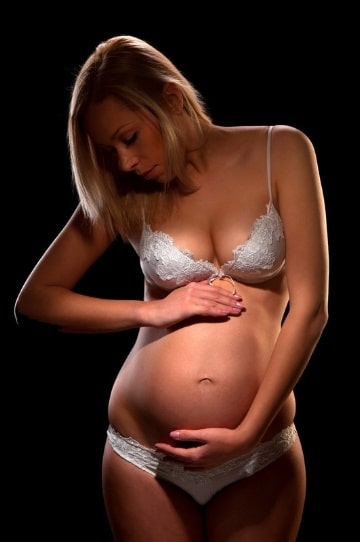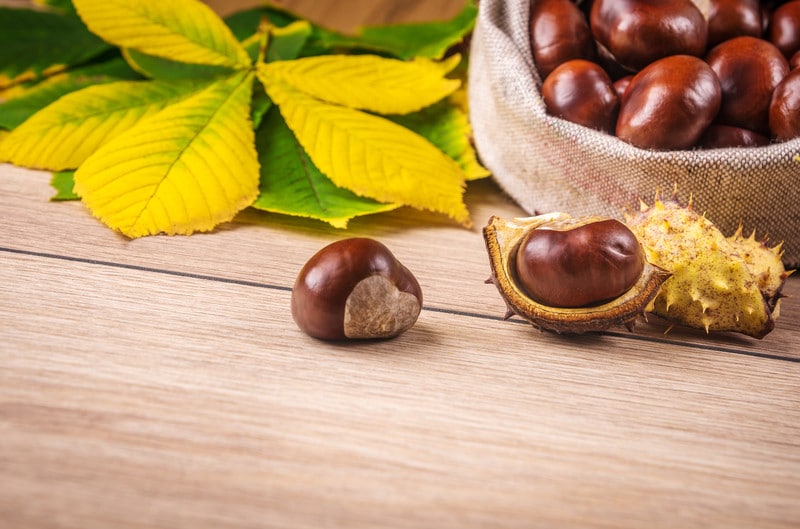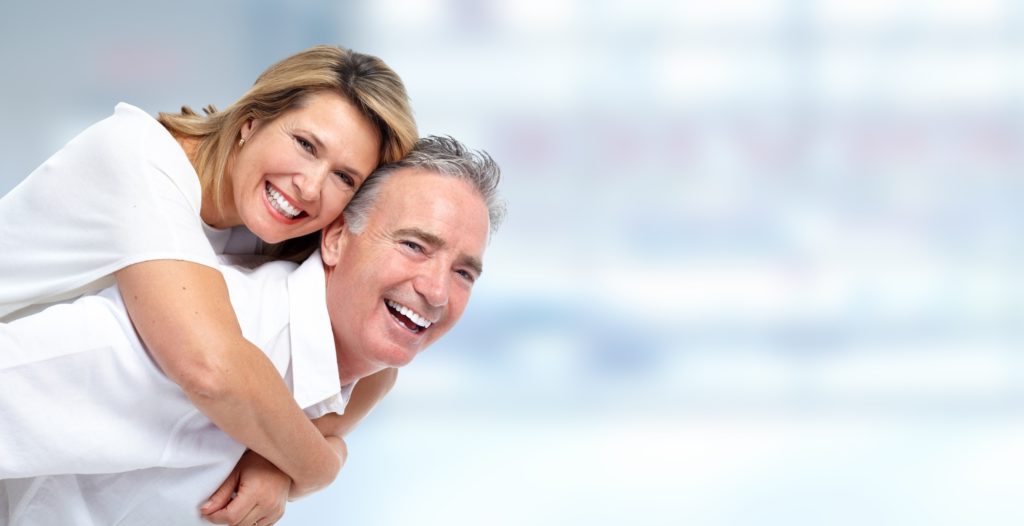
Vulvar Varicosities: Don’t Suffer in Silence!
It seems conceivable that when health experts estimate that 10 percent of pregnant women experience vulvar varicosities, that is to say vaginal varicose veins, they could be grossly underestimating the incidence of this condition.
There are women—who knows how many—who will not report this pain, itch, heaviness and general discomfort in the vulva, either because they chalk it up to the general joy and discomfort of pregnancy, or because they are simply not comfortable talking about it. These women might not know that there are qualified vein specialists who can help with this condition. You might be one of those women.
Vulvar Varicosities Can Persist Past Pregnancy
The problem is that once there, a vulvar varicosity will often not go away. Vulvar varices may become asymptomatic without the added hormones and baby pressing on the blood vessels. But the underlying condition remains, perhaps to return, persist, or worsen with another pregnancy—or for those women who are genetically predisposed to varicose veins.
This can make walking, standing, and sitting, uncomfortable. Sex can become less fun, or even painful.
Vulvar Varicosities Treatment and Relief
If bulging, painful vaginal varicose veins are a problem for you—during pregnancy or after—there are simple things you can do to try to find some relief.
- Consult with your doctor about topical treatments for the itch, pain and feeling of heaviness;
- Consider compression garments. They are strappy in appearance, but the pressure they provide can help relieve some discomfort in the surrounding tissue;
- Change your body position often. Alternate sitting, standing, walking and lying down;
- Some experts suggest that you go for a swim if you are pregnant. The buoyancy of the water can lift baby off of blood vessels in the vulvar and perineal areas;
- Elevate the hips slightly when lying down. Use gravity to take a load off the blood vessels.
If these varicosities persist, and they are affecting your quality of life, seriously consider making an appointment for a free consultation with a qualified vein specialist today. Dr. Jilanne Rose, DNP of Advanced Vein Institute of Arizona specializes in treating vulvar varicosities and superficial varicosities of the lower limb and has performed thousands of procedures in women who are experiencing the same discomfort that you are. She will be able to tailor a treatment plan just for you and determine whether Chronic Venous Insufficiency is a contributing factor in your condition.
The only catch is that you will have to talk about it...just a little bit.
The good news, however, is that a professional like Jilanne Rose, DNP-C will make the process—from consultation to treatment to recovery—as comfortable as possible.
Although there is no cure for varicose veins and venous insufficiency, there are certain varicose vein home treatments you can to help relieve some of the symptoms of aching legs, swelling of legs, itchy legs, leg cramps and restless and heavy legs. Varicose Veins Homeopathic Treatment For those who prefer a homeopathic approach for managing…
Read MoreAre you worried about your varicose veins? A lot of people who have venous insufficiency or vein disease do not realize they have it or how straightforward it is to treat. Symptoms of venous insufficiency or vein disease are progressive and can start as early as your teens and twenties, but will only get worse…
Read MoreCan You Cure Varicose Veins? There are several conservative therapy and management of vein insufficiency options to help with the symptoms associated with varicose veins. None of these methods will prevent or fix the underlying problem. There is no cure for varicose veins or venous insufficiency, once a vein is abnormal (fails to return blood…
Read MoreWhat jobs contribute to getting or worsening varicose veins? When you are in the business of taking care of other people, sometimes you get so busy taking care of them that you forget to take care of yourself. People with active lives and active legs, like fire fighters, paramedics, nurses, police officers, teachers, flight attendants,…
Read MoreCauses of Varicose Veins During Pregnancy There are a number of reasons why women get varicose veins during pregnancy. First, the volume of blood circulating in the body increases to help support your growing baby. However, veins don’t have a way to accommodate the extra volume so sometimes the veins bulge, itch, are painful to…
Read MoreWhat is a Vein Specialist? When the venous system becomes incapable of doing its job effectively, that is when a vein specialist is at their best. A vein specialist is a medical provider whose main focus is the treatment and management of venous disease. Vascular medicine is composed of two different systems, arterial and venous.…
Read MoreCan I Use Essential Oils For Varicose Veins? Essential oils can help to temporarily alleviate symptoms associated with the underlying problem of varicose veins, but they do not prevent, treat, or cure venous disease itself.
Read MoreThere are several treatments available for painful varicose veins According to recent studies, 50 to 55 percent of women and 40 to 45 percent of men in the United States suffer from some type of vein problem. Varicose veins affect half of people 50 years and older, typically found on the thighs, inside the leg,…
Read MoreHigh Temperatures Will Irritate Varicose Veins As hot as it gets in Arizona, we can’t blame the sun for our varicose veins or spider veins as it is not the cause. However, our hot Arizona summers do cause diseased leg veins to get worse, as do hot tubs, heating packs, and prolonged hot baths. Warmer…
Read MoreDoes smoking cause varicose veins or spider veins? The noxious chemicals in cigarettes can do serious damage to your veins and arteries, whether you use tobacco products on a day-to-day basis or on occasion. The signs of damage from smoking often shows up in our vein center patients through the development of spider veins…
Read More


